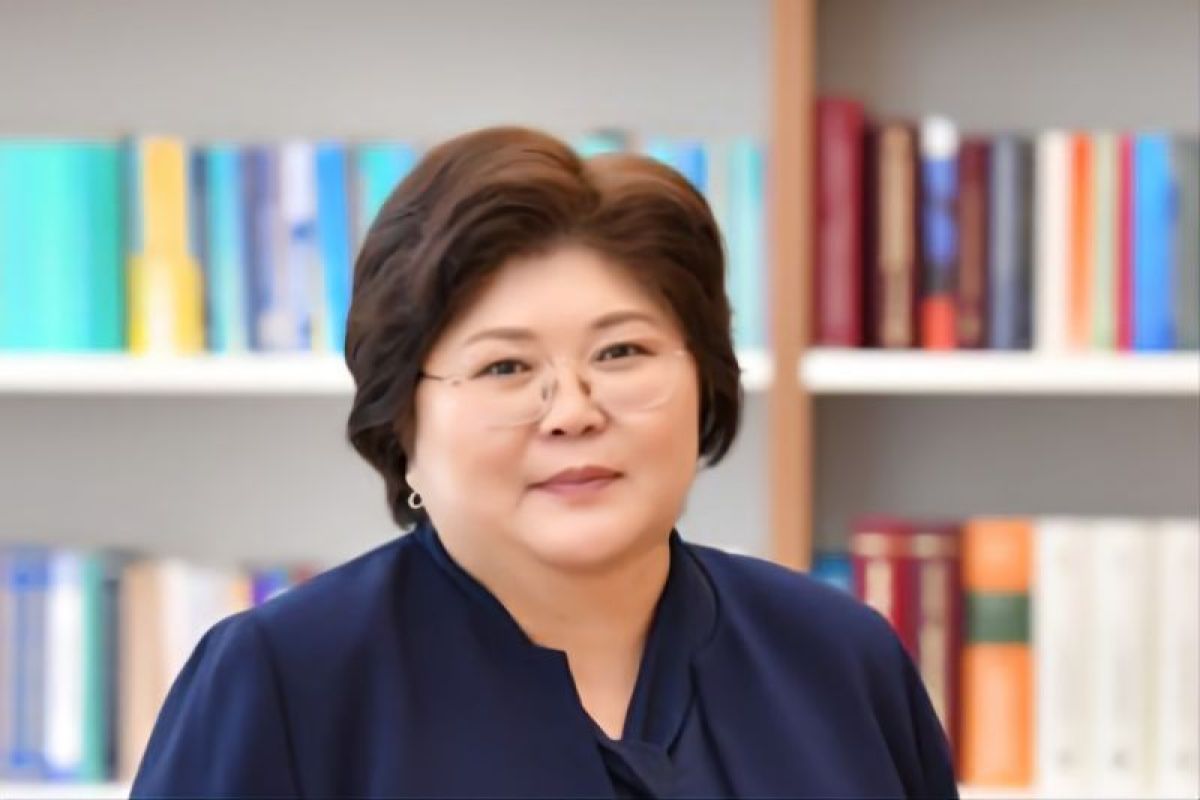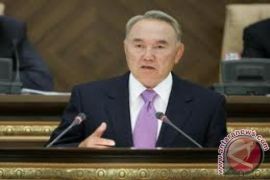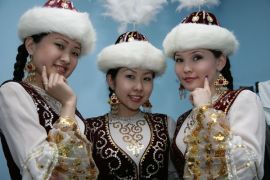On August 30, Kazakhstan is celebrating Constitution Day, which holds special significance this year. It is the first time Kazakhstans commemorate this day after a nationwide referendum in June of last year that ratified amendments to the country's Constitution.
The revised Constitution has laid down the legal foundation for comprehensive societal and governmental modernization, which encompasses political transformation, increased social responsibilities for the state, and the protection of human rights.
These constitutional amendments have brought significant changes to various aspects of Kazakhstan's society, such as President Tokayev's reforms, which focus on reducing presidential powers and expanding the influence of parliament and citizens in the country's decision-making processes.
Local government officials in village districts are now directly elected by the people. Additionally, the threshold for political parties to enter the lower house of Parliament has been lowered from seven to five percent.
The reforms also enable candidates to run in single-member districts and grant citizens the power to recall parliamentarians who have lost public support. These changes are unprecedented for Kazakhstan.
As part of commitment to protecting the right to life, the country has abolished the death penalty at the constitutional level.
Moreover, progress has been made in promoting gender equality by repealing a law that restricted women from certain job roles and increasing parliamentary quotas for women.
In addition, procedures to register political parties have been simplified, facilitating greater participation of diverse voices in the democratic process.
The introduction of self-nominated candidates has expanded the pool of potential political leaders, creating a more inclusive and diverse political environment.
Following the recent parliamentary elections in March, six parties gained seats in Parliament, making the legislative body more diverse and competitive, encompassing a wide range of political views.
This diverse and inclusive Parliament has enhanced legislative transparency and strengthened the process of receiving feedback from citizens.
Legal amendments have also simplified the organization of peaceful assemblies. Organizers are now only required to notify the authorities rather than seek prior permission, thereby increasing freedom of expression.
The number of peaceful demonstrations has significantly increased after the amendments to the legislation, reflecting a more politically engaged citizenry.
President Tokayev's reforms have also fortified the protection of human rights. Clear definitions of "torture" and "ill-treatment" have been established, providing citizens with safeguards.
Additionally, Kazakhstan has established robust mechanisms to protect human rights and democracy by strengthening institutions such as the Ombudsperson for Human Rights, the Ombudsperson for Children's Rights, and the Commissioner for the Rights of Socially Vulnerable Categories of the Population.
Kazakhstan's Constitutional Court, which I chair, commenced its work on January 1, 2023. Its main task is to ensure the compliance of laws with constitutional norms based on specific real-life situations.
In just eight months since its establishment, the Constitutional Court has received around four thousand appeals from citizens, compared to the Constitutional Council's 140 cases over 27 years, averaging about five cases per year.
Notably, the Constitutional Court is accessible to every citizen, not just governmental entities, as was the case before.
The judges of the Constitutional Court have already reviewed 23 cases over the past eight months, and approximately 20 cases are currently being assessed.
This demonstrates not only an individual's ability to protect his or her personal rights but also contributes to the collective rule of law. By applying to the Constitutional Court, a citizen makes his or her own civic contribution to strengthening the rule of law.
As a result of assessing citizens' appeals, the Court has scrutinized over 30 legal norms. Five of them were deemed unconstitutional, while 11 were found to be in accordance with the Constitution.
Most cases pertained to criminal procedural legislation, administrative offenses, the judicial system, and Supreme Court rulings.
Ultimately, promoting the rule of law and safeguarding human rights should remain at the core of any efforts toward conflict resolution, peace, and security.
Kazakhstan has undergone remarkable political transformations as a result of constitutional reform, which received the backing of over 77 percent of eligible voters in the referendum.
The ongoing reforms in various sectors reflect a deep commitment to building an inclusive and transparent political system rooted in democratic values and the well-being of its citizens.
These reforms aim to actively engage the populace in political life, thereby ensuring stability and economic development.
*) The views and opinions expressed on this page are those of the author and do not necessarily reflect the official policy or position of the ANTARA News Agency
*) Elvira Azimova is the Chair of the Constitutional Court of Kazakhstan. She previously served as the Commissioner for Human Rights.
Related news: Upcoming Kazakhstan election unique in many aspects: Embassy
Related news: Kazakhstan paves way for greater cooperation with Indonesia
Copyright © ANTARA 2023






